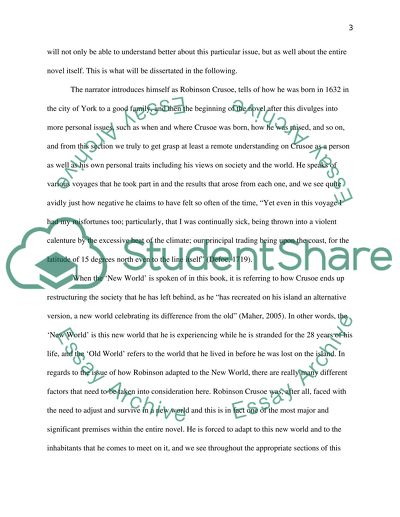Cite this document
(“Robinson Crusoe by Daniel Defoe Book Report/Review - 1”, n.d.)
Retrieved from https://studentshare.org/literature/1525677-robinson-crusoe-by-daniel-defoe
Retrieved from https://studentshare.org/literature/1525677-robinson-crusoe-by-daniel-defoe
(Robinson Crusoe by Daniel Defoe Book Report/Review - 1)
https://studentshare.org/literature/1525677-robinson-crusoe-by-daniel-defoe.
https://studentshare.org/literature/1525677-robinson-crusoe-by-daniel-defoe.
“Robinson Crusoe by Daniel Defoe Book Report/Review - 1”, n.d. https://studentshare.org/literature/1525677-robinson-crusoe-by-daniel-defoe.


